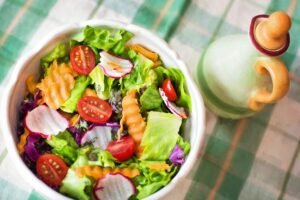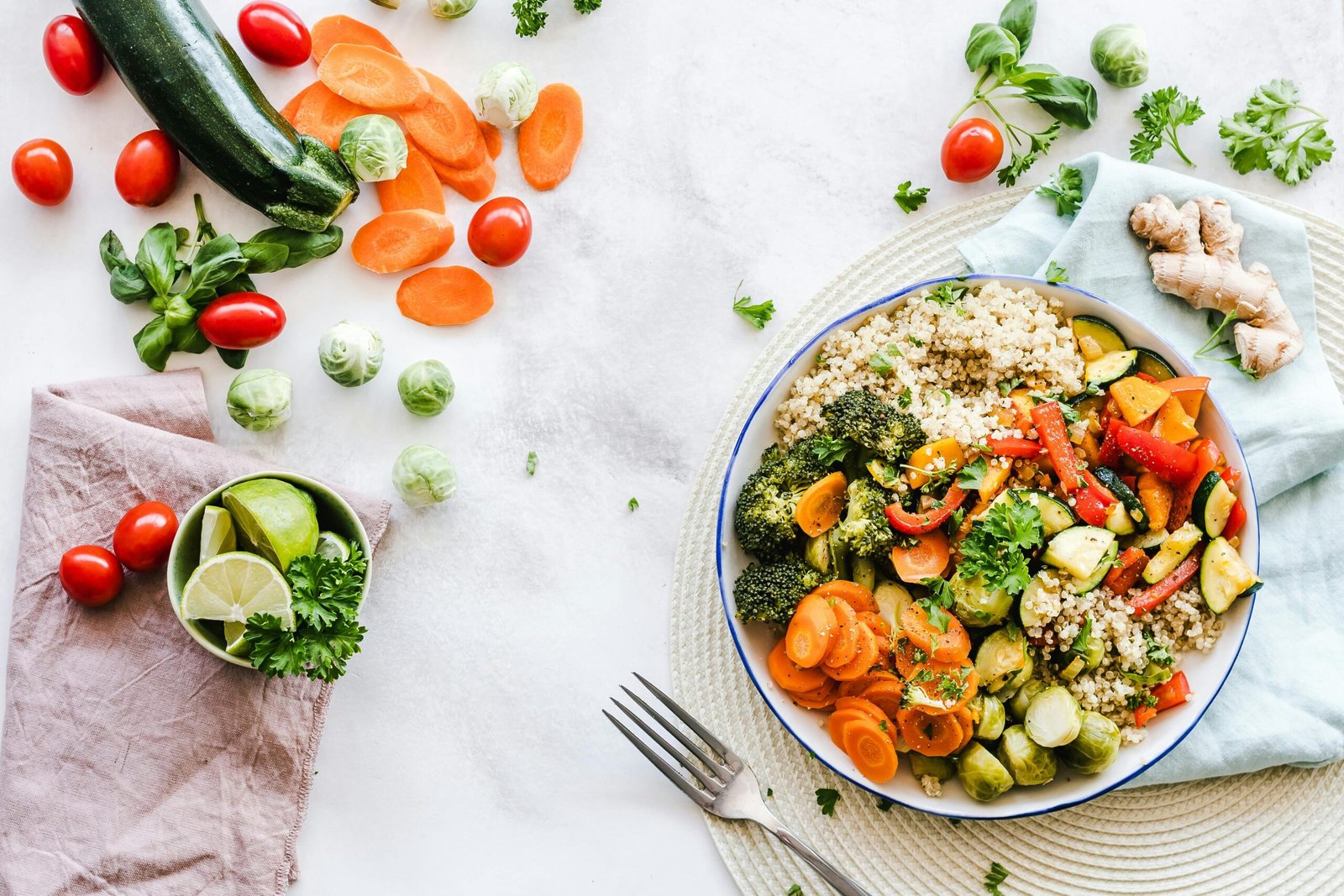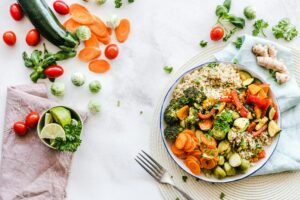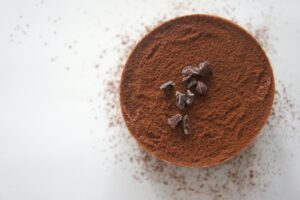Sports Nutrition Tips for Athletes with Lactose Intolerance:
Athletes with lactose intolerance often face unique challenges in meeting their nutritional needs without experiencing discomfort or adverse health effects. Proper nutrition is crucial for performance, recovery, and overall health. This guide provides comprehensive, practical tips to help athletes manage lactose intolerance while maintaining optimal nutrition.
Understanding Lactose Intolerance:
Lactose intolerance is the inability to digest lactose, a sugar found in milk and dairy products. This condition results from a deficiency of lactase, the enzyme required to break down lactose. Symptoms include bloating, gas, diarrhea, and abdominal pain after consuming dairy. Recognizing these symptoms and understanding their cause is the first step toward managing lactose intolerance effectively.
Key Nutrients for Lactose-Intolerant Athletes:
Calcium:
Calcium is vital for bone health, muscle function, and nerve signaling. Athletes require adequate calcium to support the stress placed on their bones and muscles during training and competition.
Non-Dairy Sources of Calcium:
- Leafy Greens: Kale, spinach, and collard greens.
- Fortified Foods: Plant-based milk (almond, soy, rice), orange juice, and cereals.
- Nuts and Seeds: Almonds, chia seeds, and sesame seeds.
- Fish: Sardines and salmon with bones.
Vitamin D:
Vitamin D enhances calcium absorption and supports bone health. Sun exposure is a natural source of vitamin D, but athletes might need supplementation or dietary sources, especially during the winter months or if they train indoors.
Vitamin D Sources:
- Fortified Foods: Plant-based milks and cereals.
- Fatty Fish: Salmon, mackerel, and tuna.
- Supplements: Vitamin D3 supplements are widely available and effective.
Protein:
Protein is essential for muscle repair, growth, and recovery. While dairy is a common protein source, lactose-intolerant athletes have many alternatives.
Non-Dairy Protein Sources:
- Meat and Poultry: Chicken, turkey, beef, and pork.
- Fish and Seafood: Salmon, shrimp, and cod.
- Plant-Based Proteins: Tofu, tempeh, lentils, chickpeas, and beans.
- Protein Powders: Pea protein, hemp protein, and soy protein powders.
Meal Planning and Preparation:
Breakfast:
A nutritious breakfast fuels the day and replenishes glycogen stores. Opt for lactose-free options that provide a balance of carbohydrates, protein, and healthy fats.
Examples:
- Smoothie Bowl: Blend frozen berries, a banana, spinach, and a lactose-free protein powder with almond milk. Top with chia seeds and nuts.
- Overnight Oats: Combine oats, chia seeds, almond milk, and a sweetener of choice. Refrigerate overnight and top with fresh fruits in the morning.
- Scrambled Tofu: Sauté crumbled tofu with vegetables, turmeric, and nutritional yeast for a protein-packed, dairy-free alternative to scrambled eggs.
Lunch and Dinner:
Lunch and dinner should be balanced meals that support energy needs and recovery. Incorporate a variety of nutrient-dense foods to ensure a well-rounded diet.
Examples:
- Grilled Chicken Salad: Mixed greens, grilled chicken, quinoa, avocado, and a dairy-free dressing.
- Stir-Fry: Sauté tofu or shrimp with a mix of colorful vegetables and serve over brown rice or quinoa.
- Baked Salmon: Season salmon fillets with herbs and bake. Serve with roasted sweet potatoes and steamed broccoli.
Snacks:
Healthy snacks are important for maintaining energy levels between meals and during long training sessions.

Examples:
- Trail Mix: A mix of nuts, seeds, and dried fruits.
- Hummus and Veggies: Carrot sticks, cucumber slices, and bell pepper strips with hummus.
- Fruit and Nut Butter: Apple slices or a banana with almond or peanut butter.
Hydration Strategies:
Staying hydrated is crucial for athletic performance. Lactose-intolerant athletes should be mindful of their beverage choices, opting for lactose-free alternatives.
Hydration Tips:
- Water: The best option for staying hydrated. Drink regularly throughout the day.
- Electrolyte Drinks: Choose lactose-free sports drinks or make your own with water, a pinch of salt, and a splash of fruit juice.
- Herbal Teas: Hydrate with caffeine-free teas, such as peppermint or chamomile.
Supplementation:
Probiotics:
Probiotics can help improve gut health and may alleviate some symptoms of lactose intolerance by supporting a healthy digestive system.
Sources:
- Fermented Foods: Sauerkraut, kimchi, and kombucha.
- Probiotic Supplements: Look for high-quality, lactose-free options.
Lactase Enzyme Supplements:
Lactase supplements can aid in digesting lactose when consumed with dairy-containing foods. They are particularly useful for athletes who occasionally consume small amounts of dairy.
Multivitamins:
A well-balanced multivitamin can help fill any nutritional gaps, ensuring athletes receive all the necessary vitamins and minerals for peak performance.
Consulting with a Nutrition Professional:
Athletes with lactose intolerance should consider consulting a registered dietitian or sports nutritionist. These professionals can provide personalized guidance, and meal planning assistance, and ensure that dietary choices support athletic goals.
Benefits of Professional Guidance:
- Customized Meal Plans: Tailored to individual energy and nutrient needs.
- Performance Optimization: Nutritional strategies to enhance performance and recovery.
- Symptom Management: Identifying and managing food intolerances effectively.

Conclusion:
Managing lactose intolerance while maintaining optimal sports nutrition is achievable with careful planning and consideration of dietary alternatives. By incorporating a variety of nutrient-dense, lactose-free foods, athletes can meet their nutritional needs, support their training, and achieve their performance goals.















